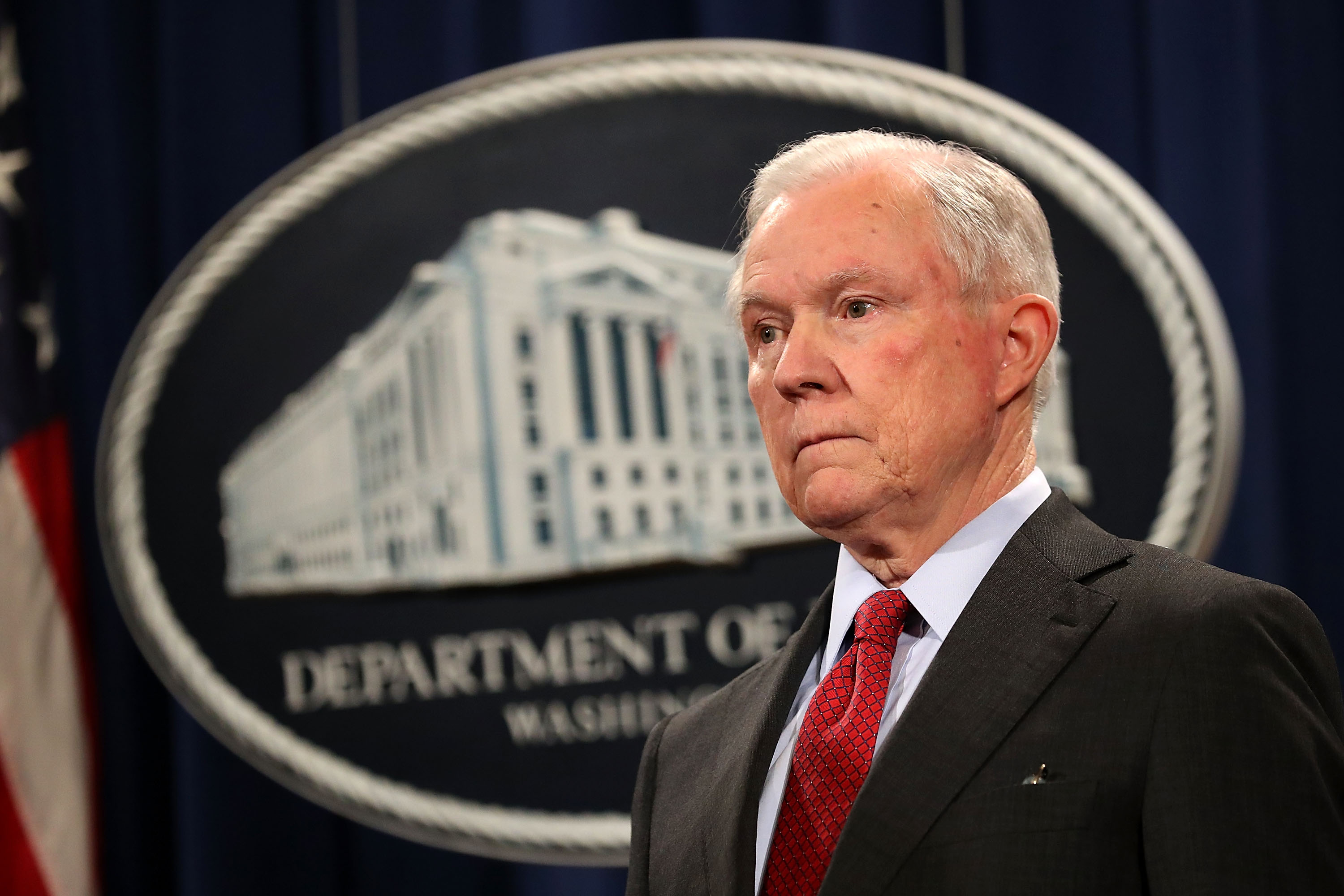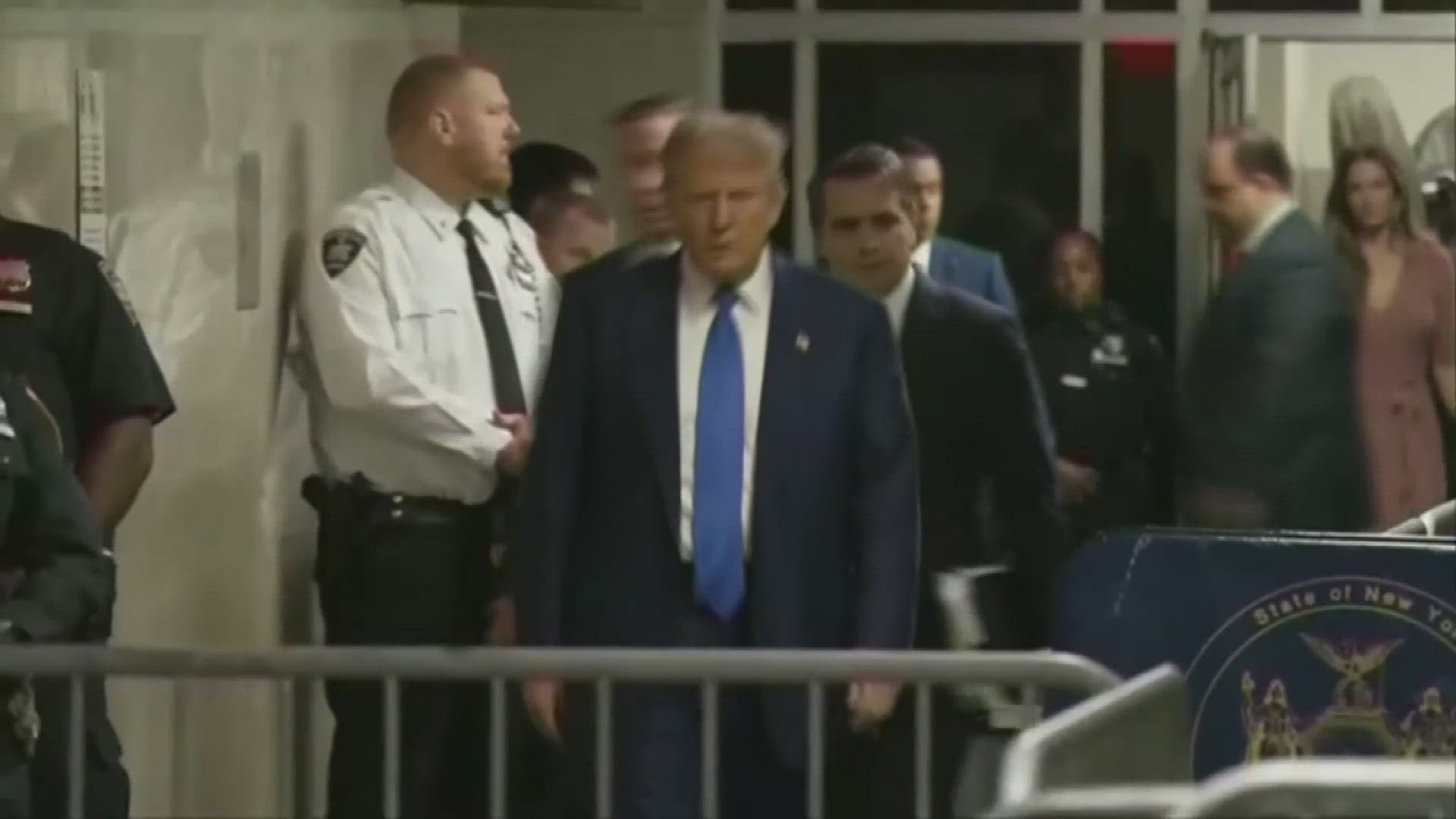A multi-billion dollar industry is now in flux after a Thursday memo from the Justice Department rescinded an Obama-era policy that essentially told federal prosecutors not to interfere with decisions by states to allow the recreational and medicinal sale of marijuana.
Look, if you're reading this, you already know that the pot industry is a big deal in Colorado, which legalized recreational sales during the 2012 election.
Eight states have legalized marijuana in total -- including California, which started sales on Monday.
But, the question here is whether the ballooning marijuana industry -- one that employs more than 34,000 people in Colorado alone -- should be worried, and what Attorney General Jeff Sessions' three paragraph memo means for pot policy in the years to come.
So what exactly happened?
This saga starts with the Cole memo, an August 2013 document that essentially laid out a Department of Justice policy allowing states to sell marijuana, as long as it didn't fall into the hands of children, cross state lines or generate profits for cartels.
Cut to 2018 and there's a new administration in power -- and a Department of Justice headed by Jeff Sessions, who once told reporters that marijuana is “only slightly less awful” than heroin.
Sessions' memo, which Politico obtained on Thursday, reiterates “Congress's determination that marijuana is a dangerous drug and that marijuana activity is a serious crime.”
The memo goes on to put marijuana enforcement in the hands of the U.S. Attorneys under the current policy for all crimes -- meaning that they'll weigh a variety of factors when determining what to prosecute.
This means that marijuana enforcement is largely in the hands of U.S. Attorney for Colorado Bob Troyer, who released the following statement:
“Today the Attorney General rescinded the Cole Memo on marijuana prosecutions, and directed that federal marijuana prosecution decisions be governed by the same principles that have long governed all of our prosecution decisions. The United States Attorney's Office in Colorado has already been guided by these principles in marijuana prosecutions -- focusing in particular on identifying and prosecuting those who create the greatest safety threats to our communities around the state. We will, consistent with the Attorney General's latest guidance, continue to take this approach in all of our work with our law enforcement partners throughout Colorado.”
What are people saying about it?
Lawmakers on both sides of the aisle are fired up by this development (to say the least). 9NEWS has written breakout stories about quite a few of their reactions -- but here's a synopsis:
Colorado Attorney General Cynthia Coffman

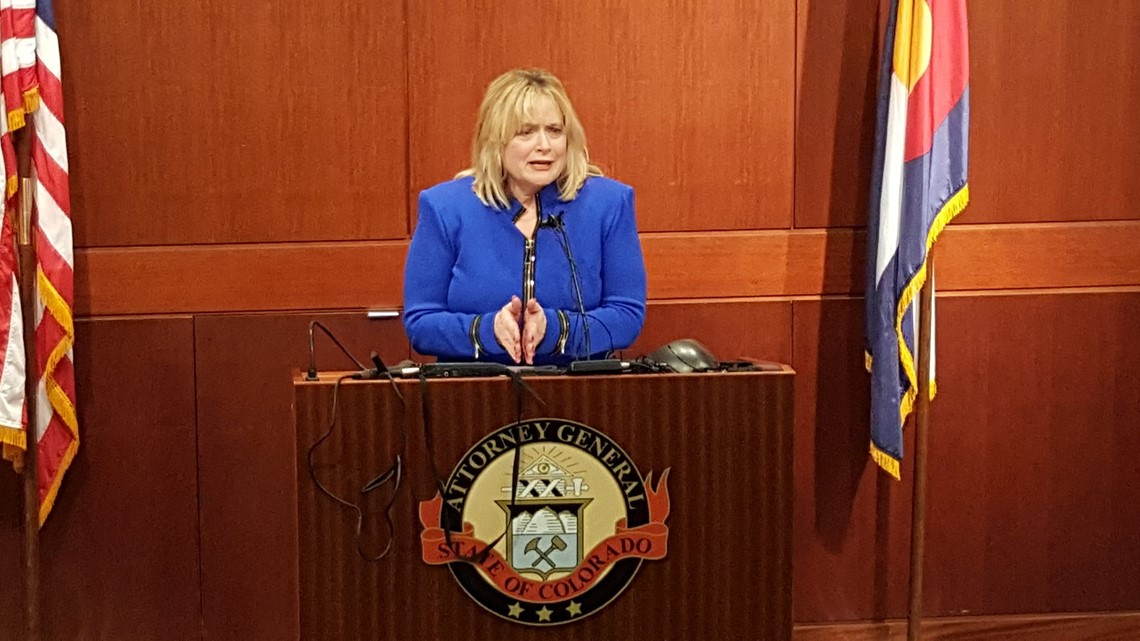
Coffman says she was not consulted about the change in policy and learned at the same time as the rest of us. For what it's worth, she said legalized marijuana is not comparable to the opioid epidemic and that her office would fight for what Colorado voters decided in 2012.
During a news conference Thursday afternoon, she said she didn't believe there would be a major change in Colorado and that Troyer's office would notifies hers should that no longer be the case.
“I would encourage people not to freak out -- and you can quote me on that,” she said.
It bears mentioning that Coffman has declared her candidacy for Colorado governor.
See Coffman's full interview and read more from her here: http://on9news.tv/2lYDtFH
Rep. Jared Polis (D-Colorado)
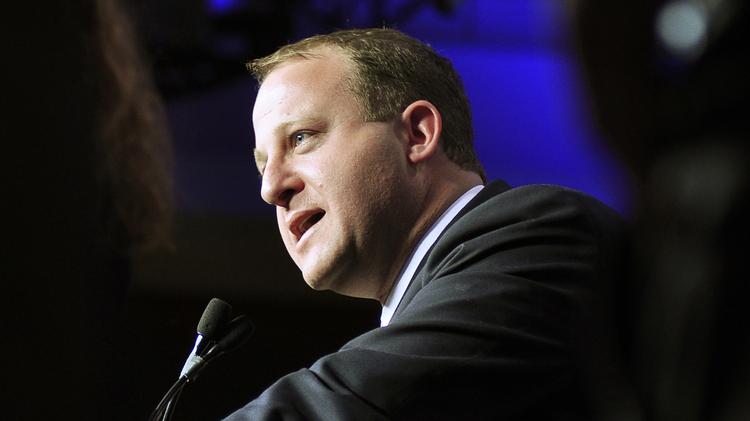
Polis, a Democrat, said he would send a letter to President Donald Trump asking him to overrule Sessions' decision.
He also said he wanted to de-fund enforcement agencies against recreational pot in states that regulate it.
Here's Polis' full statement:
“It is absurd that Attorney General Sessions has broken Trump's campaign promise and is now waging war on legal marijuana and states' rights. The growing Colorado economy is in jeopardy with the news that the Attorney General will now go after states that have decided to regulate marijuana. The Trump Administration needs to back off, and allow marijuana to be treated like alcohol under the law. At stake is a growing industry that has created 23,000 jobs and generated $200 million in tax revenue in Colorado. I'm calling on President Trump to overrule Attorney General Sessions and protect consumers, our economy, the will of the voters, and states' rights."
Denver Mayor Michael Hancock
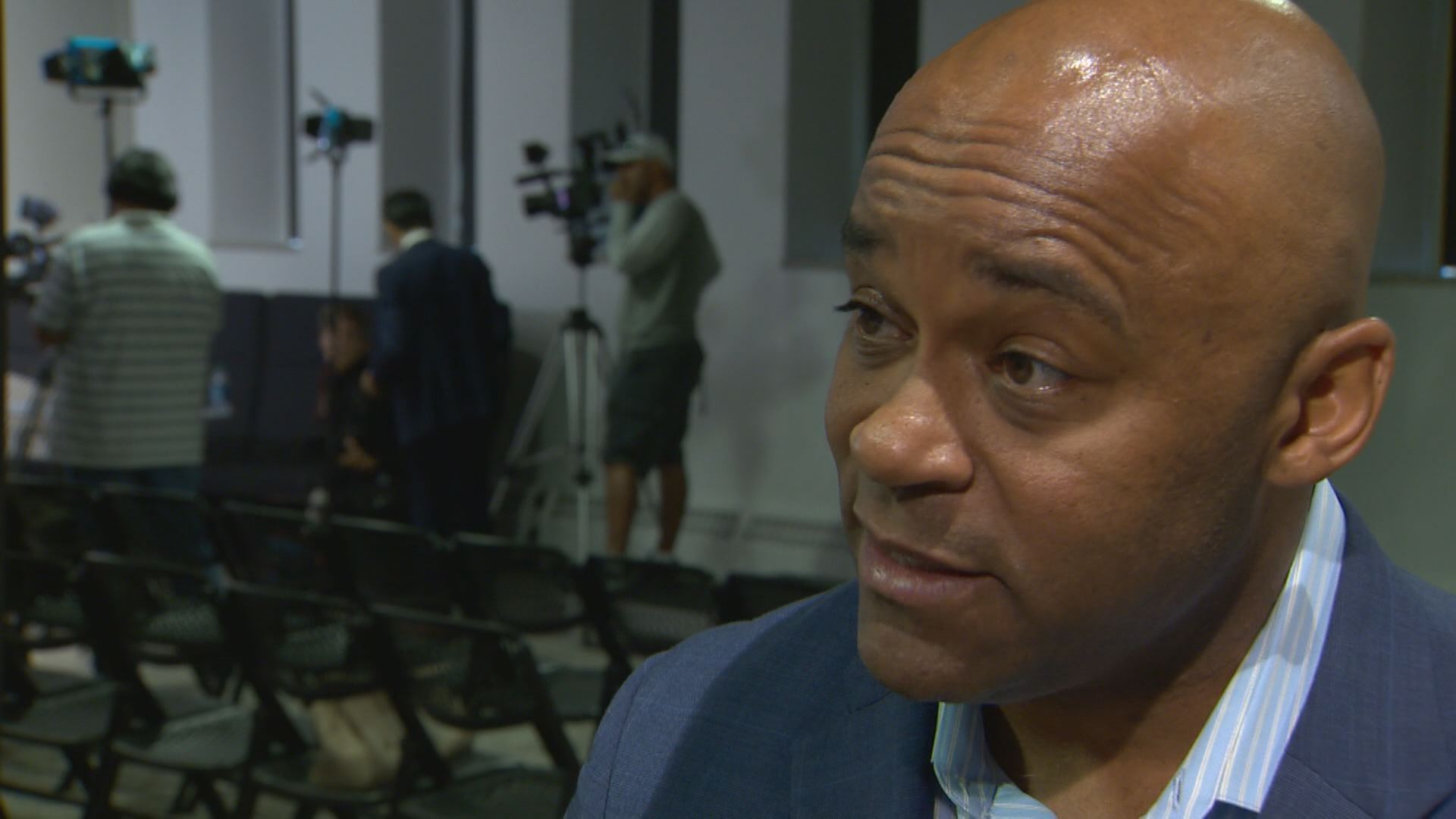
Here's Mayor Michael Hancock's full statement that was released to the media on Thursday morning:
“Denver and Colorado residents voted overwhelmingly to legalize recreational marijuana in our state in 2012. Since then, we have worked diligently to implement their will in a way that works for Denver, and through this work, we have become an international model for how to do it right. The decision today by Attorney General Sessions to roll back the guidance we received from the Obama Justice Department is severely disappointing and lacks good judgment. They should respect the will of our voters, and this is just another example that this administration doesn't listen, doesn't pay attention and just doesn't care. I urge our congressional representatives to take immediate action to protect our voters' will from this disastrous decision.”
Sen. Cory Gardner (R-Colorado)

Gardner strongly condemned Sessions' decision on the Senate floor. You can watch a video below:
Can't see the video? Click here: http://bit.ly/2CFGFjX
Here's Gardner's full written statement, during which Gardner said he would consider holding DOJ nominees, unless Sessions changes his mind.
“Reports that the Justice Department will rescind their current policy on legal marijuana enforcement are extremely alarming. Before I voted to confirm Attorney General Sessions, he assured me that marijuana would not be a priority for this Administration. Today's action directly contradicts what I was told, and I am prepared to take all steps necessary, including holding DOJ nominees, until the Attorney General lives up to the commitment he made to me prior to his confirmation. In 2016, President Trump said marijuana legalization should be left up to the states and I agree.”
Read more of Gardner's take here: http://on9news.tv/2qpxxKy
Gov. John Hickenlooper (D-Colorado)
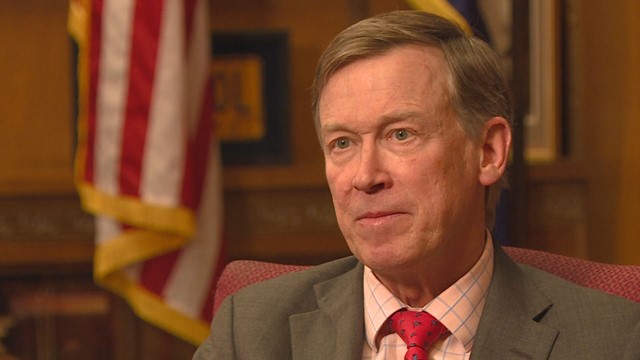
Hickenlooper's statement was far tamer than Gardner's. Here it is in full:
“Thirty states comprising more than two thirds of the American people have legalized marijuana in some form. The Cole memo got it right and was foundational in guiding states' efforts to regulate the production and distribution of marijuana. Colorado has created a comprehensive regulatory system committed to supporting the will of our voters. We constantly evaluate and seek to strengthen our approach to regulation and enforcement. Our focus will continue to be the public health and public safety of our citizens. We are expanding efforts to eliminate the black market and keep marijuana out of the hands of minors and criminals. Today's decision does not alter the strength of our resolve in those areas, nor does it change my constitutional responsibilities.”
Rep. Mike Coffman (R-Colorado)
Coffman echoed the sentiment that this is about states' rights:
"Attorney General Sessions needs to read the Commerce Clause found in Article 1, Section 8, Clause 3 of the U.S. Constitution that limits the power of the federal government to regulate interstate and not intrastate commerce. The decision that was made to legalize marijuana in Colorado was made by the voters of Colorado and only applies within the boundaries of our state. Colorado had every right to legalize marijuana and I will do everything I can to protect that right against the power of an overreaching federal government."
What about the president?
President Donald Trump's press secretary, Sarah Huckabee Sanders, argued that the president's position in this matter was to enforce federal law.
However, when Trump sat down with 9NEWS Reporter Brandon Rittiman in July 2016, he said marijuana should be left up to the states -- and that he wouldn't let an attorney general pick use federal power to shut down legal pot businesses.
Read a full transcript from this portion of the interview here: http://on9news.tv/2qq0l5y
What about the pot industry?
USA TODAY reports that New Frontier Data, a cannabis analytics firm, downplayed Sessions' memo. Nevertheless, publicly-traded marijuana stocks dropped on Thursday -- something that happened early last year when then-Press Secretary Sean Spicer hinted the DOJ would change the Obama-era policy.
Brian Vicente, the co-author of Amendment 64 (which legalized recreational marijuana in Colorado), issued a statement on Thursday morning saying that the Cole memo "was not a law or binding policy and, as explicitly stated, it never altered the Justice Department's authority to enforce federal marijuana laws."
"The rescinding of the Cole Memo does not indicate any specific changes in enforcement policy, and it remains to be seen whether it will have any significant impact on the Department's actions," Vicente's statement goes on to say. "U.S. attorneys had vast prosecutorial discretion before and they will continue to have the same level of discretion."
In an Associated Press report, Andrew Freedman, Colorado's former director of marijuana coordination, said "the move creates uncertainty in the market, which will make law-abiding people less likely to get involved. He also says banks and insurance companies will also have a harder time justifying the risk of working with marijuana businesses, making their services expensive or unavailable."
The pot industry in Colorado
Marijuana sales in Colorado have reached the $1 billion milestone, with about $100 million in pot sold each month in the Centennial State.
There are 509 licensed marijuana centers and 492 retail marijuana shops in the state, and 34,459 people with active licenses to work in the industry.
During her news conference, Coffman essentially told the pot industry to continue with business as usual, as she believes any changes to federal enforcement will center on the black and grey markets.
You can read about what the industry means to Colorado here: http://on9news.tv/2lX6Vf3
Andrew Freedman, the now former Colorado Director of Marijuana Coordination, told 9NEWS Anchor Kyle Clark that there are a lot of people telling members of the industry "not to panic," but to "be concerned."
He said some members of the industry could have seen their banking going away, which he says means more cash on the streets -- which is where he says cartels come in to play.
Nevertheless, for five years, Freedman says this has been a hypothetical situation in the industry.
"I think we prepared to operate completely as a state without any help from the federal government and just assume from here on out, that the federal government is an annoyance," he said. "I think they've created so much disruption that this will be a burden on public health and public safety."
Support for the new guidelines
The Centennial Institute, a think tank at Colorado Christian University, issued a statement applauding Sessions' memo, saying "state law enforcement is woefully under-resourced to take on the most egregious violations of federal law, especially cartel activity."
"Marijuana is a failed experiment in Colorado and Attorney General Sessions' memo provides U.S. attorneys the power to stop the powerful drug cartels from getting a permanent foothold in our state and bring drug dealers to justice," part of the statement reads.
Prominent marijuana critic and Republican candidate for governor Doug Robinson (who also happens to be failed presidential candidate Mitt Romney's nephew) said he supports the Trump administration's move.
Though he's quick to add he doesn't think the new guidelines are aimed at any Colorado cannabis business following the state's law.
Robinson was very vocal in the movement against Amendment 64 and despite saying he doesn't have any plans to try and dismantle the law in the state, adds that he doesn't believe the state government is doing enough to fight the black market here.
He also said the Cole Memo was vague.
"Basically the memo said hands off, don't do anything," Robinson told 9NEWS. "That was the way I think it got interpreted as I talk to people and so there really isn't anything new. I don't think it's that big of a change."
He added that he hopes this move will allow federal agencies to send more aid to Colorado law enforcement in their fight to cut down on illegal grows.

